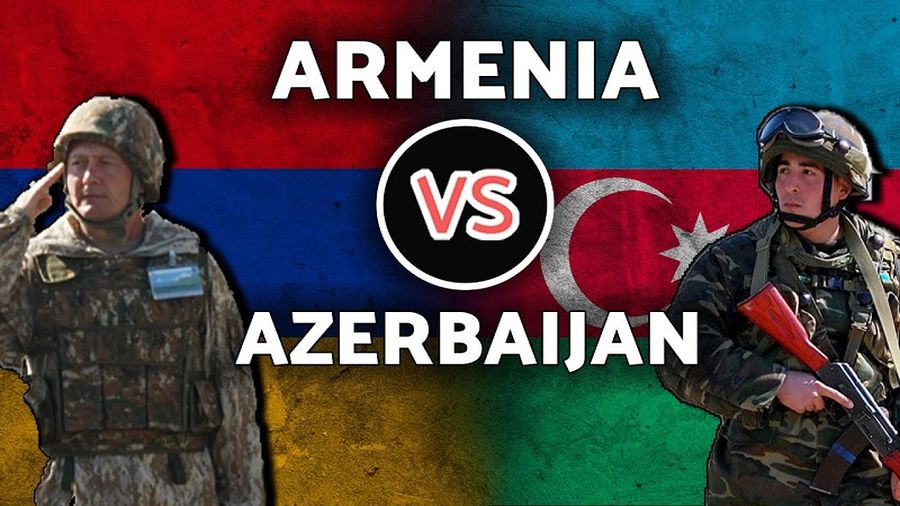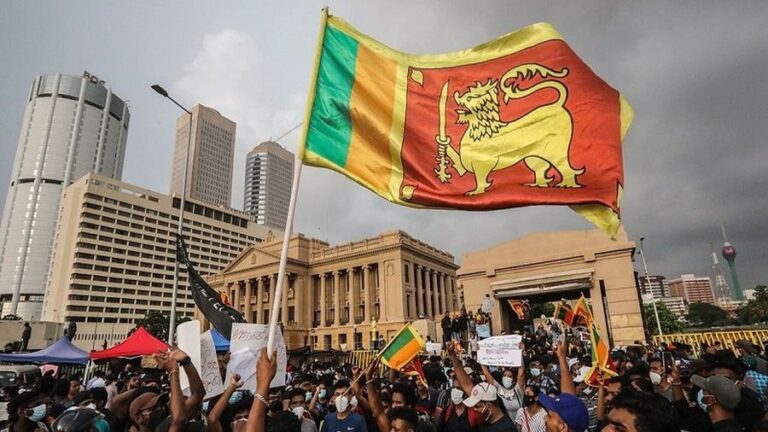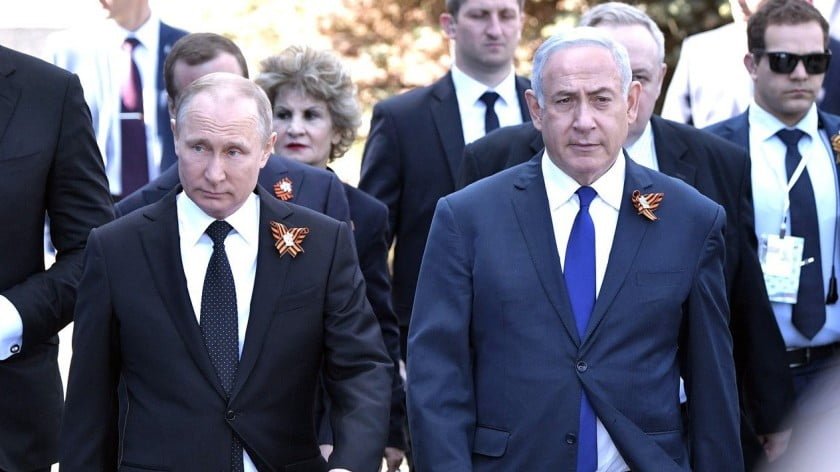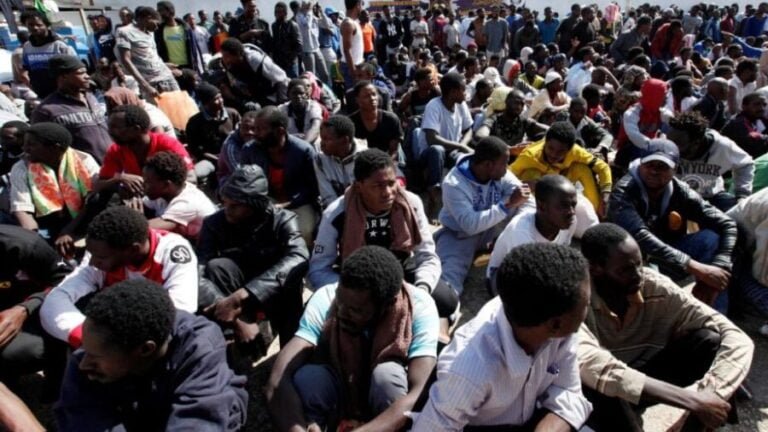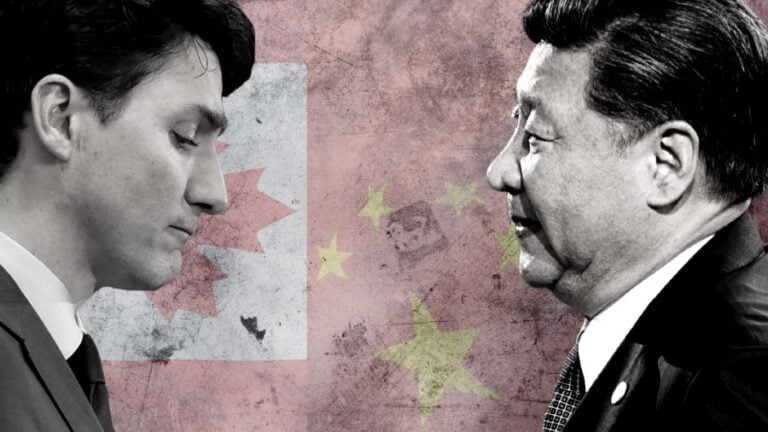Pashinyan Has a Point About How Azerbaijan Sells Its Special Operation to Russia & the West
Azerbaijan’s dual messaging to Russia and the West might not just be driven by the short-term motivation of deterring criticism or the worst-case scenario of an intervention to stop its special operation, but by longer-term diplomatic goals.
Is Baku Playing Both Sides?
Armenian Prime Minister Nikol Pashinyan shared some useful insight with parliament in response to a question about the potential geopolitical factors behind Azerbaijan’s undeclared “special military operation” against their country. Armenpress quoted him as saying the following:
“Yes, there is a geopolitical context because for a very long time Azerbaijan is engaged in the following policy: they go to the West and tell them that Armenia is a pro-Russian state, a pro-Russian country, and to say the least are trying to advance the idea in the West of opening a second front for Russia in Armenia in context of the situation around the Ukraine issue.
While in contacts with Russia, Azerbaijan is presenting Armenia to be a strong pro-Western country which has intense relations with the EU and the US and are trying to create a perception in Russia that perhaps it’s worth to punish Armenia so to say for its pro-Western policy and are attempting to create a perception in Russia for aggressive policy against Armenia.”
He has a point, too: Azerbaijan does indeed sell its special operation to Russia and the West differently. The challenge that his country has, however, is that Baku might be conveniently emphasizing certain dimensions of the truth to each targeted audience but it nevertheless isn’t saying anything false.
Interpreting Azerbaijan’s Diplomatic Approaches
Regarding the narrative sold to Russia, Pashinyan himself came to power on the back of the so-called “Velvet Revolution” that exploited grievances about that country and the influence of its big business representatives over the Armenian economy. CIA chief William Burns also curiously visited in July.
As for what Azerbaijan focuses on when engaging with the West, it’s also true that Armenia is Russia’s CSTO mutual defense ally, refused to condemn or sanction Moscow for its special operation in Ukraine, and that the latest violence (regardless of whoever’s to blame) complicates the Kremlin’s regional policy.
At the same time, however, each narrative also somewhat contradicts itself if the opposite audience becomes aware of what Azerbaijan is reportedly telling the other. Pashinyan is therefore onto something by implying that his opponent is trying to manipulate both Russia and the West.
If it’s truly the case that Azerbaijan’s diplomatic approach towards each of them is exactly as he described it, then it adds credence to Armenia’s claim that Baku initiated the latest clashes but is cleverly spinning its preplanned escalation to earn their approval so that neither opposes it.
Russian & Western Military Limitations & Soft Power Interests
About that, it’s unlikely that either will intervene to militarily dislodge Azerbaijan from the 10 kilometers of Armenian territory that Pashinyan accuses it of occupying. Russia is averse to the scenario of a “second front” while no CSTO member can host foreign forces without consensual approval from all.
At the same time, Russia and the West have soft power interests in opposing Azerbaijan’s special operation. The first must uphold the integrity of the CSTO’s mutual defense raison d’être while the second comes off as hypocritical by condemning Russia’s special operation but not Azerbaijan’s.
With these factors in mind, the most that can be expected barring any black swan event is for them to signal their disapproval of Azerbaijan’s special operation, but without condemning it too harshly so as to not risk pushing that country into their rival’s arms.
That said, this prediction could be offset if Azerbaijan occupies any more Armenian territory and/or if NATO-member Turkey gets directly involved in the fray. Should either happen, then it’s difficult to forecast exactly how Russia and the West would react, but a major crisis would probably erupt.
Baku’s Military-Strategic Calculations
As it stands, Azerbaijan seems to have the military-strategic momentum and will likely maintain it so long as the special operation’s goals remain fairly limited no matter how dramatic this development has in and of itself thus far proven to be.
The most troubling scenarios are therefore only likely to arise if Azerbaijan decides to do more in pursuit of its military-strategic objectives, yet that can’t be ruled out since it’s difficult to determine whether they’ve already been met or not.
On the one hand, Baku taught Armenia a very painful lesson about the need to comply with the Moscow-mediated November 2020 by immediately halting all support for its unconventional forces in Karabakh and subsequently withdrawing them from there.
But on the other hand, there’s no guarantee that Armenia will indeed do so even despite the painful lesson that it was just taught. Yerevan could just go back to supporting those same unconventional forces at a later time, thus prompting Baku to repeat its special military operation in response.
Azerbaijani Mission Creep
Therein lies the extremely dangerous risk of mission creep since some might argue that Azerbaijan should seize the moment to totally “demilitarize” Armenia so that such a scenario doesn’t ever occur, though that necessitates more cross-border strikes and the possible occupation of more territory.
Not doing so and then having Armenia repeat the actions that Azerbaijan claimed as the pretext for launching its special operation could be interpreted as a major humiliation for Baku in hindsight. Furthermore, it might not obtain the same military-strategic momentum the next time around either.
From the perspective of Azerbaijan’s interests as its policymakers understand them to be, these arguments are sound, yet so too are the arguments for prioritizing a diplomatic solution for ensuring the sustainable defense of these same interests.
Russian Mission Creep
It’s understandable why muscular means were resorted to at this time since prior diplomatic ones failed up until this point, exactly as they did in the run-up to the Continuation War of late 2020. Even so, the special operation is far more dangerous than that conflict because it’s taking place inside Armenia itself.
Since the target state is Russia’s mutual defense ally and Moscow is legally obliged to ensure its territorial integrity in order to uphold the bloc’s raison d’être, the argument can be made that the Kremlin is compelled to intervene to an as-yet uncertain extent even if only to “save face”.
Mission creep thus goes both ways since Russia can be pulled even deeper into the latest conflict just as easily as Azerbaijan can for reasons that their policymakers consider to be in their respective national interests, thus heightening the risk of a larger war by miscalculation, not to mention the Turkish factor.
Breaking The Mission Creep Deadlock
The only reliable way to avoid this is for Azerbaijan to exercise self-restraint by reprioritizing diplomatic solutions for sustainably defending its national interests without relying exclusively on the military option that it seems to have once again applied as a last resort from its policymakers’ perspective.
The Diplomatic Importance Of Dual Messaging
It’s relevant at this point to return to Pashinyan’s insight from earlier. Azerbaijan’s dual messaging to Russia and the West might not just be driven by the short-term motivation of deterring criticism or the worst-case scenario of an intervention to stop its special operation, but by longer-term diplomatic goals.
To explain, Azerbaijan can only sustainably defend what its policymakers regard as their national interests by convincing all stakeholders to ensure that Armenia immediately halts all support for its unconventional forces in Karabakh and subsequently withdraws them from there.
Its prior diplomatic efforts to this end failed to achieve the desired result, hence why that country decided to switch everything up with its special operation, but it’s unclear whether that dramatic development convinced those same stakeholders to ensure the sustainable defense of its interests.
Not only that, but even if they tried their utmost to do so, there’s no guarantee that they’ll succeed since Armenia can always “go rogue” by defying their will – including Russia’s – and continuing with the course of action that Azerbaijan claimed was responsible for its special operation in the first place.
Concluding Thoughts
Going too far with its latest intervention could doom the diplomatic track and dangerously risk escalating the conflict as was earlier explained, however, which has resulted in a dilemma. The longer that the conflict lasts, the more unpredictable it becomes, both on the battlefield and in the boardroom.
But at the same time, stopping prematurely before its military-strategic objectives are met (which might be difficult to determine with the confidence needed to make such a major decision) could also doom Armenia and Azerbaijan into endlessly repeating this cycle of violence without any clear results.
The best-case scenario is therefore that Azerbaijan can successfully leverage the military progress that it’s thus far made to advance its complementary strategic objectives in the diplomatic realm by getting Russia and the West to support its end game related to Armenia’s full withdrawal from Karabakh.
Absent that, Azerbaijan will either prematurely end its special operation and thus risk endlessly repeating the cycle of violence or expand it and thus risk escalating the conflict into a larger war. Both scenarios are disadvantageous to its interests, hence why all stakeholders must prioritize diplomacy.

